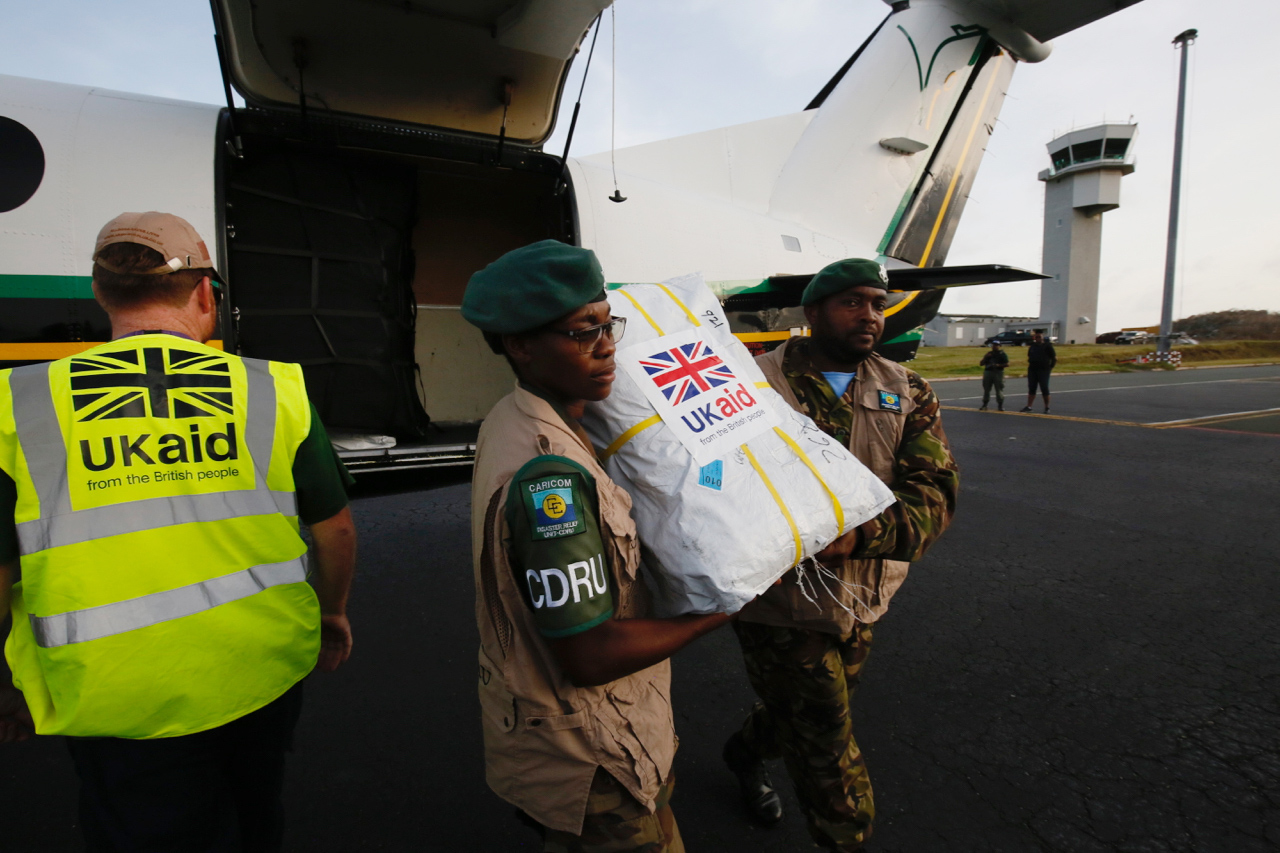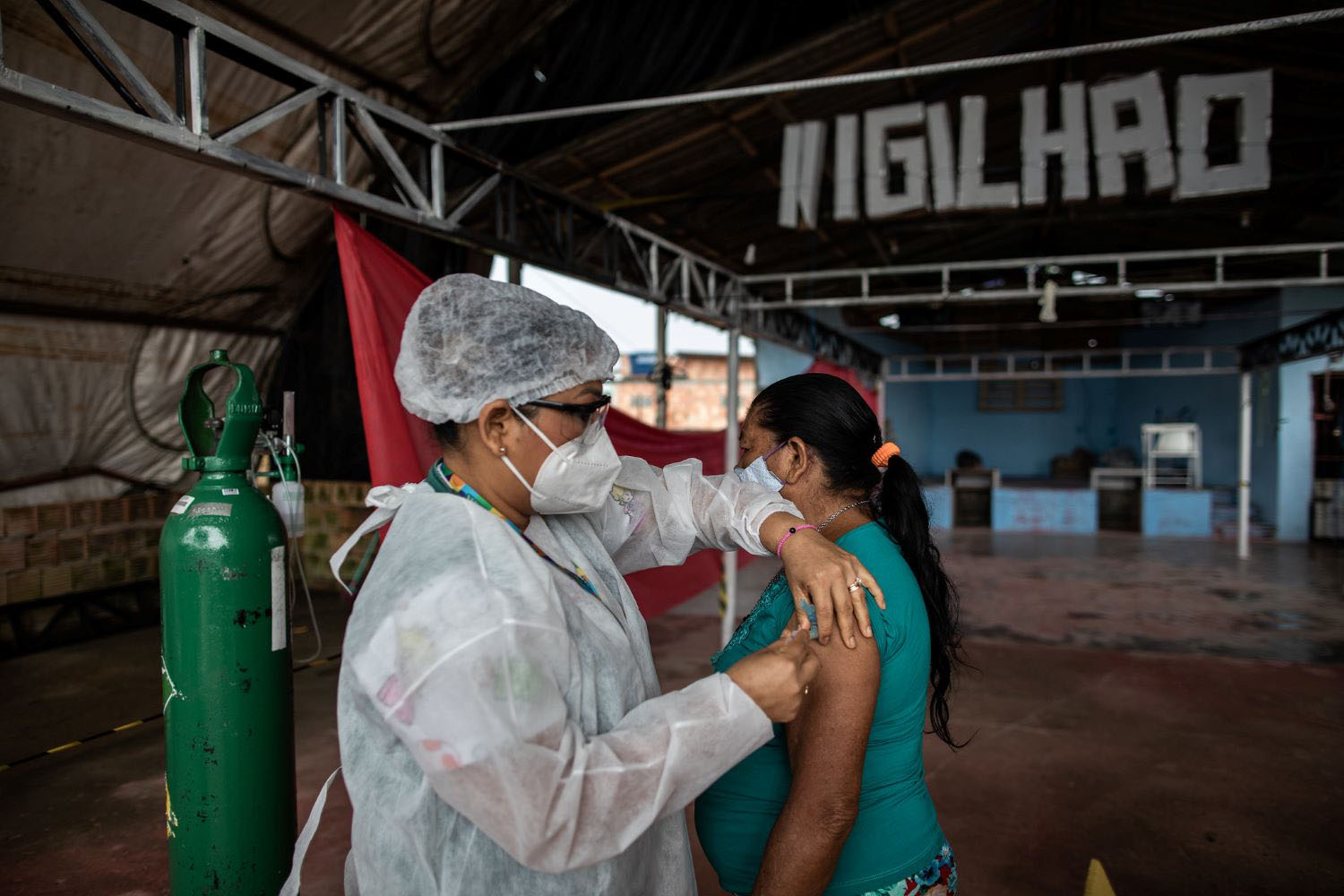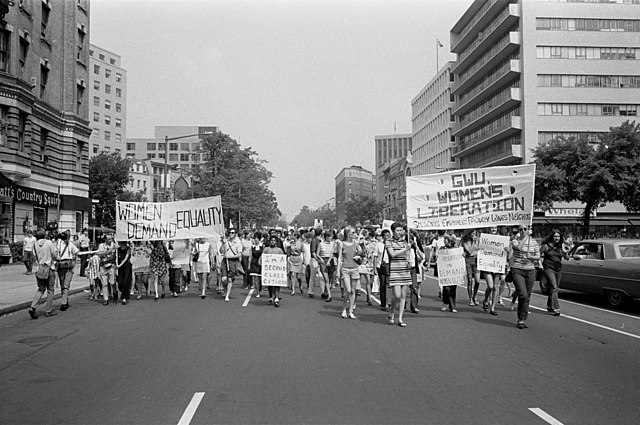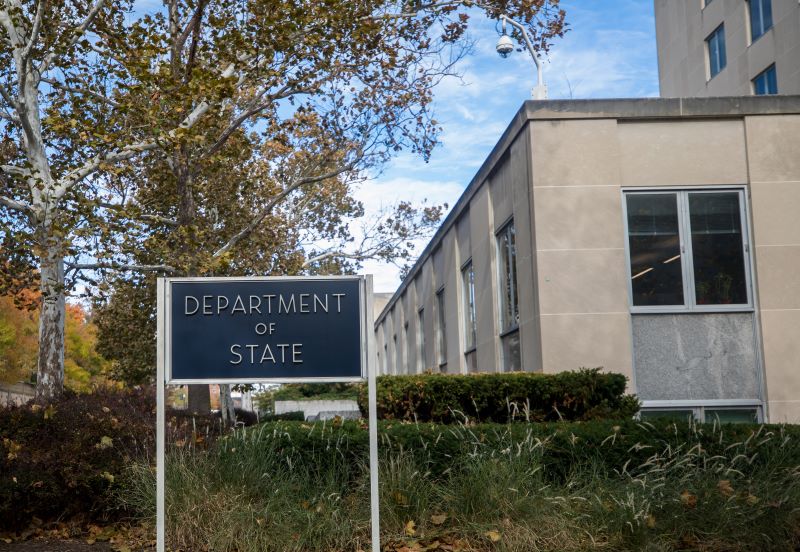Subscribe
Subscribe today to receive CGD’s latest newsletters and topic updates.
All Commentary
Filters:
Topics
Facet Toggle
Content Type
Facet Toggle
Blog Type
Facet Toggle
Time Frame
Facet Toggle
Blog Post
December 13, 2013
Yesterday the World Bank and the Global Fund announced a stronger partnership for health centered around an innovative aid mechanism, results-based financing (RBF). This partnership is precisely what our CGD report More Health for the Money recommended (see the chapter ...
Blog Post
December 02, 2013
The Global Fund to Fight AIDS, TB and Malaria will host its fourth replenishment meeting this week in Washington, DC where it’s hoping to raise $15 billion to support its work for the next three years. On the eve of the replenishment, the BBC will air a 30-minute segm...















